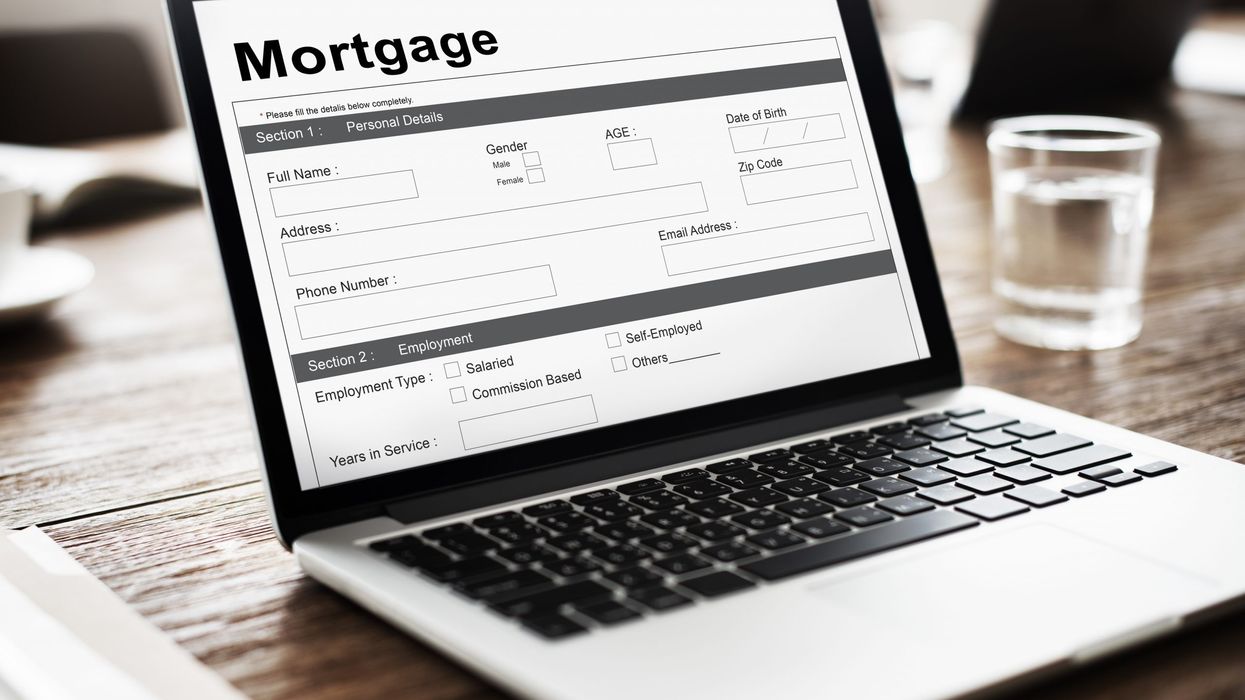With the Bank of Canada hiking its overnight lending rate up by another 0.75% last week, homeowners and would-be buyers began scrambling to lock in rates. And as they did, each of them were faced with the question of whether a variable or fixed-rate mortgage is better.
A new report from personal finance comparison site Finder aims to answer this question, noting that borrowers are worried about the implications of their mortgage choices amidst rising rates. Fixed rate mortgages offer borrowers a consistent mortgage payment over the entire term while variable rates can move up or down depending on changes to the prime rate. With the Bank of Canada having implemented several hefty rate hikes already in an attempt to tamp down inflation -- which sat sky-high at 7.6% in July -- variable rates can feel like a gamble. But with interest rates expected to fall once inflation subsides, fixed rates may seem unappealing to those wanting to snag the lowest possible rate.
“Canada’s average core inflation is still at an all-time high, so the decision last week by the Bank of Canada -- to increase the overnight rate by 0.75% -- isn’t a surprise,” said Romana King, senior finance editor for Finder. “What’s uncertain is how long it will take for this monetary policy to drive inflation back down to the Bank’s target rate of 2% -- and that means uncertainty for anyone looking to take on debt.”
As to be expected, the decision to go with either a fixed-rate or variable mortgage will depend on a number of factors, the results of which will change from one situation to the next. Fixed-rate mortgages, although often initially higher than variable ones, protect against any fluctuations in interest rates. This is particularly beneficial to borrowers who have limited funds and could not handle a sudden rise in monthly expenses.
“Locking-in provides stability and certainty,” King said. “Risk-averse borrowers are not chasing the possibility of amplified savings; they want stability and protection against further rate increases.”
The report notes that for every $100,000 of mortgage debt, a 0.25% increase in the mortgage rate translate to an extra $1,160 in interest charges over five years.
Variable rates, on the other hand, remain a good option for "reward-motivated borrowers," Finder says, "since the lower rates will mean lower monthly payments and a reduction in overall costs." Assuming no major spike in rates, that is.
The key to benefitting from a variable rate mortgage, King says, is to combine these lower rates with a debt repayment strategy such as double-up payments or an annual lump-sum repayment. By making an extra $1,000 annual payment against a mortgage principal, a borrower will save $1,350 in interest and pay off their debt four years sooner.
“The ability to save big is usually enough to offset even a significant rate increase since these borrowers are more concerned with minimizing overall costs and quickly repaying debt," King said.
The real key to getting the most out of your mortgage, according to the report, is to shop around. A buyer who purchases a $630,000 home, for example, and puts 20% down, would have a mortgage of $504,000. The buyer could likely find a five-year fixed rate of 5.34% at one of Canada’s big banks, the report says, which works out to $3,030 monthly. But if they were to shop around, "a borrower can drop that rate to 4.34% to save more than $17,000 over a five-year term."
“No matter the mortgage type, all borrowers will save significantly, if they compare mortgage rates,” King said.





















